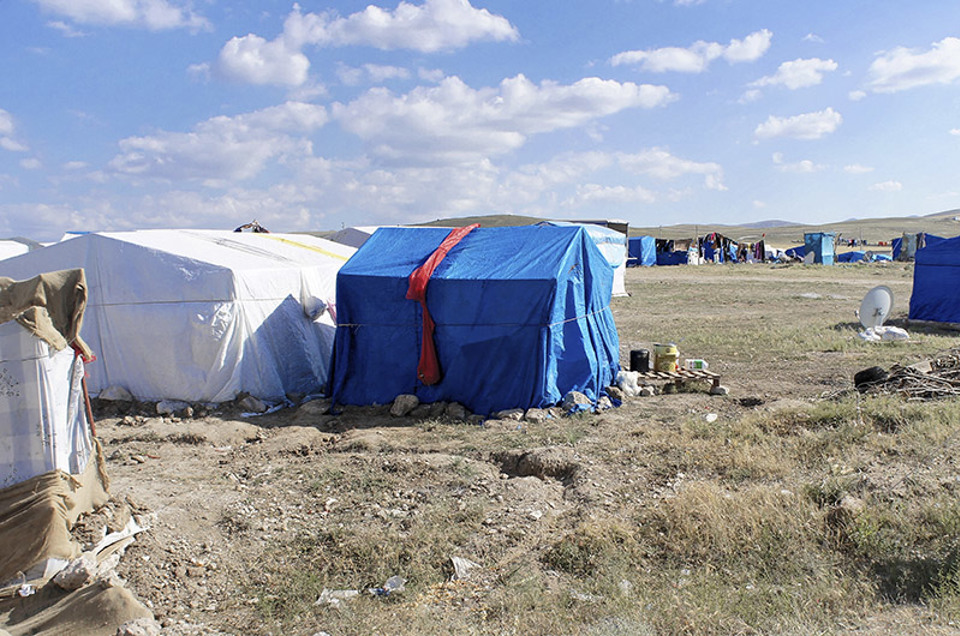- While there is abundant research on refugee resettlement and on the sociopolitical and economic conditions of refugee camps, as well as reports on the technical aspects of camp planning and construction (e.g., layout, water, and sanitation systems), there are critical gaps in knowledge about camp governance, argues Tina Nabatchi,on behalf of the steering committee.
- More specifically, we know that refugee camps are governed through complex, multi-organizational arrangements involving international, national, and local organizations from the public, private, and non-governmental sectors. These actors have tremendous impact and influence on refugees’ daily lives, providing myriad services such as registration and data collection, housing, communications, security, distribution of food and non-food items, water and sanitation, education, and healthcare, among others. However, very little is known about how services in the camps are delivered; how activities are coordinated and by whom; how actors collaborate across boundaries; or how refugees engage in the process of governance. We also know little about how refugee camp governance has shifted and evolved across time and across world regions, Tina Nabatchi elaborates.
More knowledge can provide the keys to unlocking advances
It is well known that refugee camps can vary greatly in terms of the services provided and the quality of life offered, and the researchers suspect that such variations are due, at least in part, to issues of camp governance.
Khadoun AbouAssi explains on behalf of the steering committee:
- Camp governance directly shapes the lives and experiences of refugees. It determines whether and how well refugees’ basic needs (and economic, social, and psychological needs) are met, and shape their hopes for equality, agency, and human dignity. Thus, camp governance is not just about delivering essential services, but also is about supporting human rights and social justice. In short, more knowledge about refugee camp governance could provide the keys to unlocking advances that help some of the world’s most vulnerable human populations. Here, we hope to critically interrogate conventional policy scripts on refugee livelihoods, resilience and self-reliance.
The conference aims to bring together a diverse group of international scholars with research expertise on refugees.
- Our goal is to spur innovative research and methodologies on how refugee camps are ‘governed’ today, and to revisit historical legacies shaping refugee camp governance, Tamirace Fakhoury says.
- During the meeting, we will (1) engage in an interdisciplinary conversation on refugee camp governance across various world regions, (2) look at the issue of refugee camp governance beyond disciplinary siloes (3) develop synergies for collaborative research and partnerships. By the end of this dialogue, it is our hope that we would have generated a series of conceptual, methodological and empirical reflections, spurring research partnerships and calls for action, she adds.
Hopes to start generating meaningful, impactful research on refugee camp governance
Understanding and answering key questions about the who, what, why, how, and to what effect of refugee camp governance will open avenues for further exploration that ultimately can improve camp management on the ground.
- Our biggest hope is to start generating meaningful, impactful research on refugee camp governance. The more we can understand about camp governance, the more we will be able to improve the day-to-day activities – and long-term effects of those activities – in camps. In turn, this could improve the quality of life for some of the world’s most vulnerable people and improve our ability to deal with growing refugee issues, Khadoun AbouAssi adds on behalf of the steering committee.
